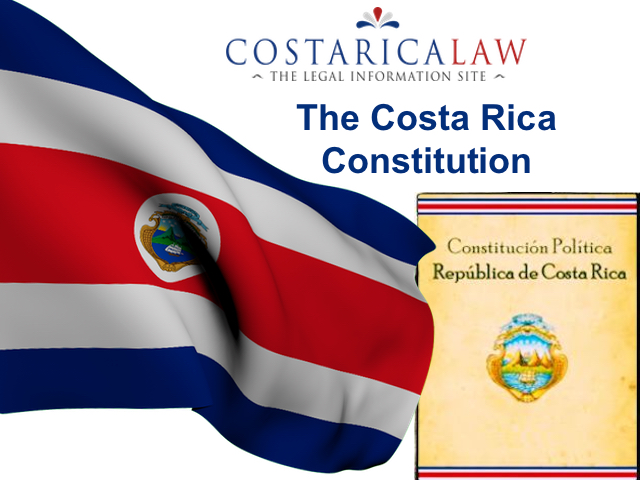
WEIGHT: 62 kg
Breast: 2
1 HOUR:40$
Overnight: +80$
Services: Lesbi-show soft, Striptease, Humiliation (giving), Cunnilingus, Pole Dancing
The whole house was moving back and forth. And it was moving in circles too, like it was being pulled by a centrifugal force. It was impossible to stay on your feet. For around three minutes, Hormazabal and his friends were in thrall to one of the biggest earthquakes ever recorded.
With a magnitude of 8. They were shaken and scared, but alive. Eighteen minutes later, the tsunami struck. As dawn broke, he headed back to his house. Everything else had gone. I cried, I felt impotent. I remember I smoked three cigarettes one after the other. We went to the boat house, one of the few buildings still standing in La Poza. And we got straight to work that morning. For three months, Hormazabal lived in the boat house. He slept on a mattress on the floor and helped distribute food, water, clothes and emergency shelters to his fellow homeless.

With no electricity or clean water, first-aid facilities in the city were rudimentary. The injured had to be taken to Talca, the regional capital, or to the national capital Santiago, nearly miles away. Both cities were themselves reeling from the impact of the quake. As the days passed, Hormazabal pondered the future of his home city. In early March, Aravena flew to the city by helicopter, surveying the devastated coastline for himself.
The destruction was on a continental scale. There was no supermarket, no business. The city was dead. Elemental brought in a consulting firm, Tironi Associates, to advise on this participatory approach, and Arup, a London-based engineering and design multinational. State input came from both the local and regional governments, plus the housing ministry in Santiago.

The team set themselves a target: days to draw up the PRES. Anyone could drop in, take a look and make suggestions. One of the most pressing and delicate problems was what to do about La Poza, which had borne the brunt of the tsunami. More than families had lived there, and most had lost their houses.



































